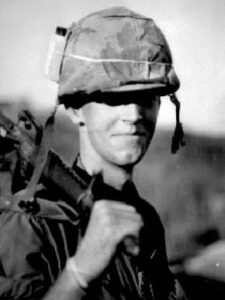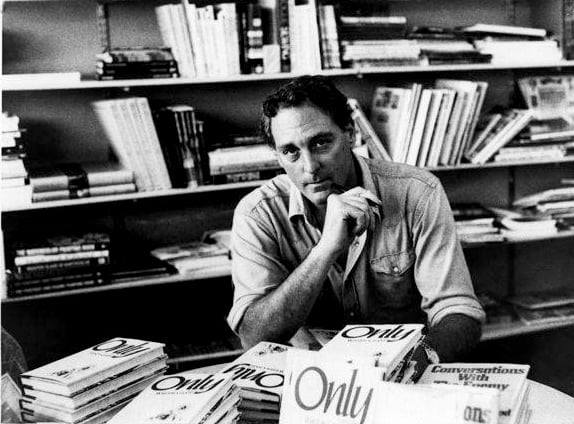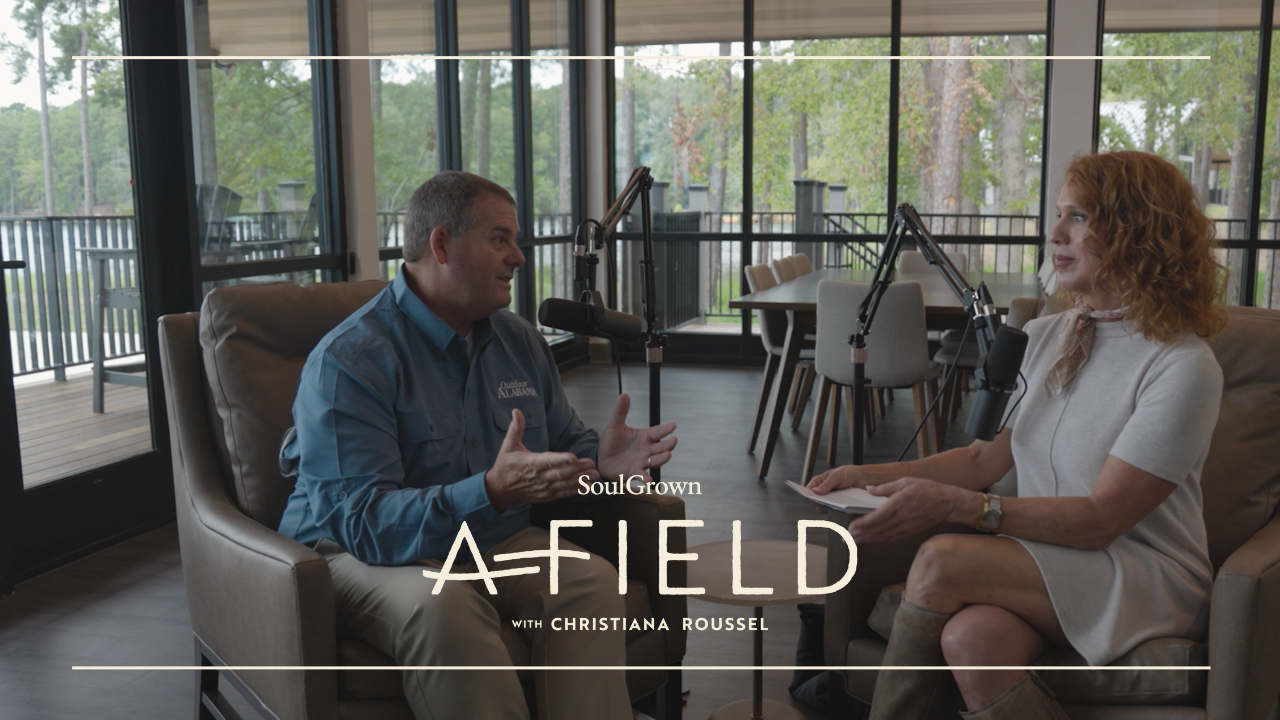A few times a generation, Alabama is gifted with some of the country’s best and brightest. These figures, making a name for themselves in their given industry, give the state of Alabama an amazing legacy to stand on. Whether they were born here or at one point made this place their home, Alabamians welcome them and their work with open arms.

(Encyclopedia of Alabama/Facebook)
Perhaps one of the most notable of these figures is Winston Groom. While many know the name of the late author, many more will recognize the movie that came from his 1986 novel Forrest Gump.
Both Groom’s life and legacy are threaded with two common themes: Mobile and the military. According to the Encylopedia of Alabama, Winston Groom spent much of his early years in Mobile, Alabama where he attended University Military School before making his way to Tuscaloosa to study English at The University of Alabama. While at the university, his experience working as the editor of a literary magazine contributed to his decision to pursue a career as a writer.
After graduating, Groom, who had enrolled in the ROTC, was sent to Vietnam to serve. According to Vietnam Veterans of America, Groom sailed to Vietnam in the summer of 1966 along with the other members of a 1st Cavalry Division battalion.
“We were sent out to the field… with loudspeakers, dropped leaflets, and did other ‘Sneaky Pete’ stuff,” shared Groom with Marc Leepson Arts Editor of Vietnam Veterans of America’s The VVA Veteran magazine in their February 1995 issue. “I got out in a hurry,” Groom shares about his experience in Vietnam. “It was so quick, I forged my own medical papers.” The same year as the interview, he was awarded the Vietnam Veterans of America’s Excellence in the Arts Award.
According to the Encylopedia of Alabama, Groom settled in Washington, D.C. upon his discharge. He took up work reporting for The Washington Star where he reported on court and police issues before beginning his own column for the outlet. During this time, he was introduced to Willie Morris, a successful Southern author, who pushed him to take the next step in his career as a writer.
He quickly followed Morris’s advice and made the move to New York City. It was there he was introduced to many of the big names in the industry such as Truman Capote. He found success during this period as he committed himself to working as a full-time author. He went on to become a finalist for the Pulitzer Prize for a book he co-wrote entitled Conversations with the Enemy: The Story of PFC Robert Garwood.

(Anna Todd/Facebook)
It was in 1985 that Groom made his way back to Mobile, Alabama where he began writing what would become his most famous work. According to Vietnam Veterans of America, Forrest Gump was based on a true story told by Groom’s father when he was young. Written in six weeks, the quirky novel chronicles the life and experiences of a six-foot-six, 242-pound Alabama country boy. The book remained relatively unknown for years, but the film adaptation, released nearly ten years later, elevated Groom to near-instant fame. The widely loved film brought in multiple Oscars and thousands of glowing reviews.
When prompted to talk about his seemingly over-night success, Groom told the Mobile Register, “I’m happy as a pig in sunshine.”
Groom remained in Mobile following the meteoric rise that resulted from the release of Forrest Gump. He continued to produce prolifically until his final years finding a niche as a narrative historian. He drew upon his time in the military and his wealth of experience to create thorough but accessible works. His understanding of the South and its culture helped him develop pieces that covered hard topics while maintaining readability.
Following his death in September of 2020, he remains a highly regarded author with an undeniable impact on the world of writing and film.




